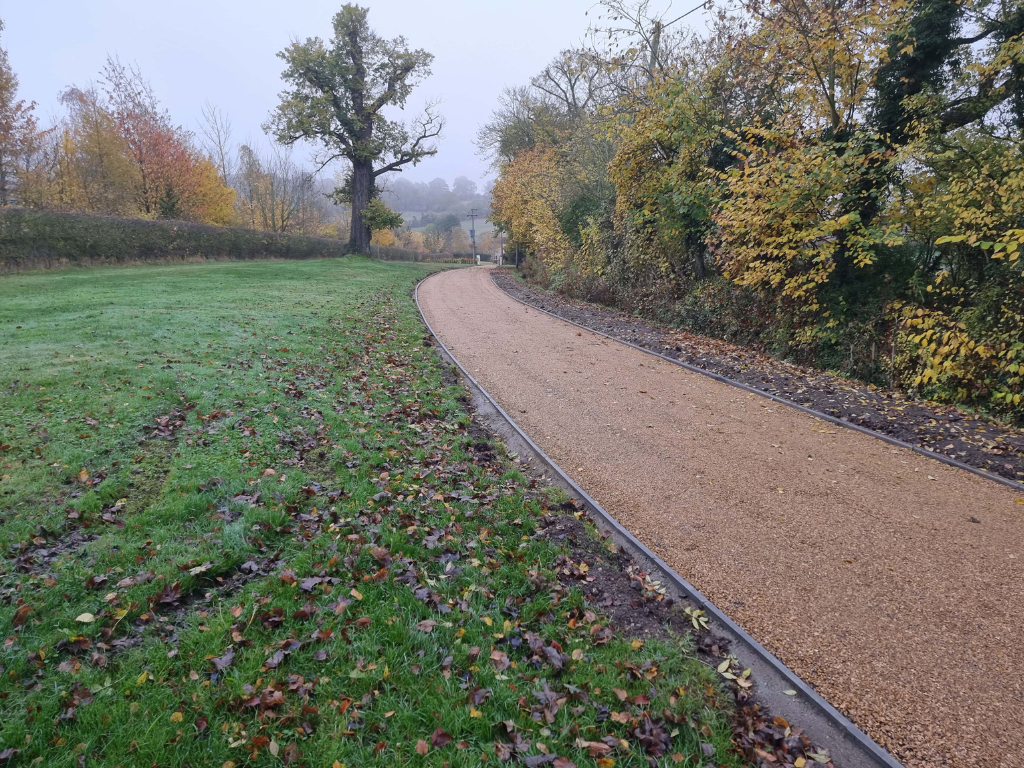Resin Bound Driveway Installation in Extreme Weather Conditions
Introduction: Resin-bound driveways are popular for homeowners due to their durability, low maintenance, and aesthetically pleasing appearance. However, one concern often arises is ensuring a successful installation in extreme weather conditions. At Resin Drives Tunbridge Wells, we understand the importance of installing resin-bound driveways that can withstand even the harshest weather conditions. This blog post will explore the challenges and solutions for installing resin-bound driveways in extreme weather.
Extreme Weather Challenges:
Extreme weather conditions, such as heavy rain, freezing temperatures, or intense heat, can pose unique challenges when installing resin-bound driveways. Here are some of the key challenges:
- Rain and Moisture: Excessive rain can hinder the curing process of the resin and prevent proper adhesion to the base. Water can also cause clouding or ‘whitening’ of the resin surface.
- Freezing Temperatures: The resin may not cure properly in cold weather, weakening bond strength and a higher risk of cracking or delamination.
- Hot Weather: High temperatures can cause the resin to cure too quickly, making it challenging to achieve a smooth and even finish. It can also affect the working time of the installation team.
- Wind and Debris: Strong winds can blow debris onto the wet resin surface, potentially compromising the final appearance of the driveway.
Solutions for Extreme Weather Installation:
- Proper Planning: Before beginning the installation, thorough planning is essential. This includes checking the weather forecast and scheduling the installation during stable weather.
- Rainwater Management: To prevent rainwater from interfering with the installation, consider installing temporary drainage systems or using protective covers when necessary.
- Temperature Control: In cold weather, using a resin formulated for low-temperature applications is crucial. On hot days, using coolers and shading can help extend the working time of the resin.
- Wind Protection: Erect windbreaks or screens around the installation area to prevent debris from contaminating the resin.
- Professional Installation: Hiring experienced installers familiar with various weather conditions is crucial. They can adapt their techniques and use the appropriate materials for the given circumstances.
- Quality Materials: Ensure that the resin and aggregates used in the installation are high quality and suited for the prevailing weather conditions.
- Post-Installation Maintenance: Proper aftercare and maintenance, including regular cleaning and sealing, can help prolong the life of the resin-bound driveway, especially in extreme climates.
Conclusion: Installing a resin-bound driveway in extreme weather requires careful planning, expertise, and suitable materials. At Resin Drives Tunbridge Wells, we are committed to delivering high-quality resin-bound driveways that can withstand the challenges posed by extreme weather. Our experienced team understands the intricacies of working in adverse conditions. It takes the necessary precautions to ensure a successful and long-lasting installation, providing you with a beautiful and resilient driveway for years.
Call us on: 01892 481881
Click here to find out more about Resin Drives Tunbridge Wells
Click here to complete our contact form and see how we can help with your driveway needs.

